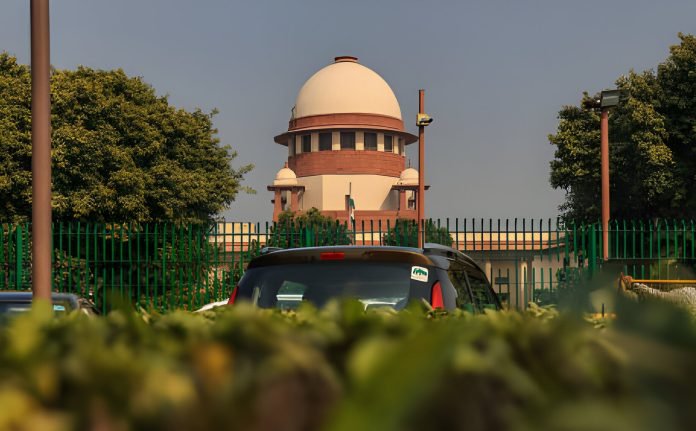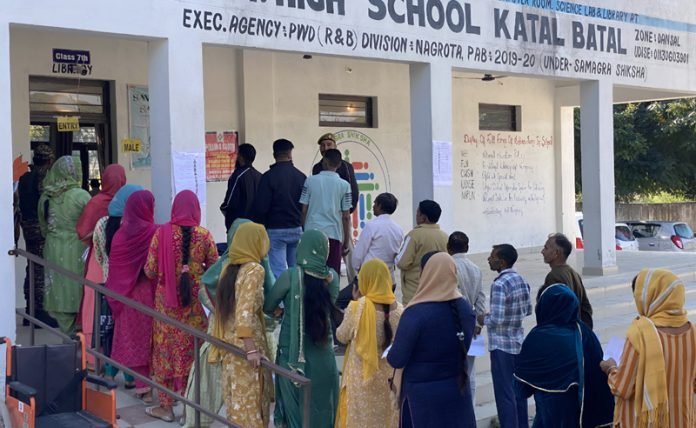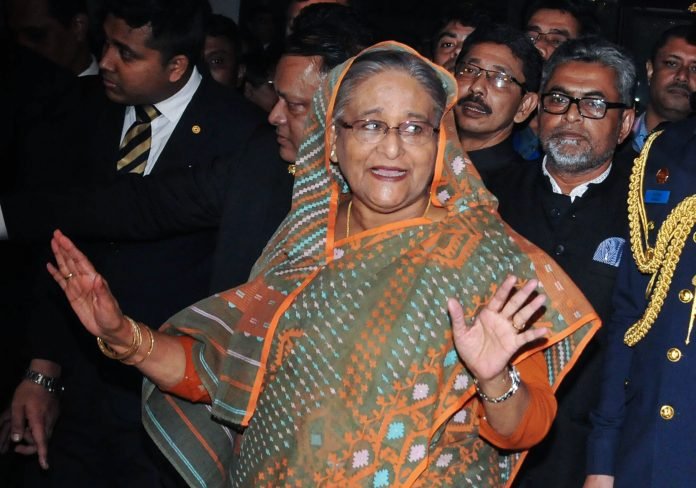The Supreme Court of India on Wednesday referred the significant matter of anticipatory bail applications directly made to high courts to a three-judge bench for a comprehensive review. The decision comes amidst ongoing debates on procedural practices and ensures that the issue receives the attention it warrants for clarity and uniformity.
A bench consisting of Justices Vikram Nath and Sandeep Mehta noted that this question requires thorough consideration by a larger bench once constituted. “This matter requires to be heard by a three-judge bench,” the bench stated, indicating the necessity for judicial scrutiny.
Previously, the apex court appointed senior advocate Siddharth Luthra as amicus curiae to assist in discerning the complexities surrounding anticipatory bail applications. This underscores the Supreme Court’s desire for an informed discussion on the matter.
Concerns surfaced earlier this month when the Supreme Court flagged the “regular practice” of the Kerala High Court, which permits anticipatory bail applications without mandating that litigants approach the sessions court as a prerequisite. On September 8, the bench questioned, “One issue that is bothering us is that in the Kerala High Court, anticipatory bail applications are regularly entertained directly. Why is that so?”
The court referred to legal provisions within both the traditional Code of Criminal Procedure and the new Bharatiya Nagarik Suraksha Sanhita (BNSS), 2023. They elucidated that a clear hierarchy exists for bail applications. Notably, Section 482 of the BNSS addresses the directions for granting bail to individuals apprehending arrest.
The bench firmly asserted, “It doesn’t happen in any other state. Only in the Kerala High Court… applications for anticipatory bail are regularly entertained directly,” highlighting concerns regarding procedural inconsistencies across Indian jurisdictions.
This issue came to light during the hearing of a plea filed by two men challenging a specific Kerala High Court order that denied them anticipatory bail. The petitioners approached the high court directly, sidestepping the sessions court. The Supreme Court expressed apprehensions that such practices might impede the courts from obtaining adequate factual records typically presented to a sessions court.
In their deliberations, the Supreme Court justices considered whether the option to approach the high court for anticipatory bail is a matter of choice for the accused or if it should be mandated that they first seek relief from the sessions court. They indicated, “We are inclined to consider whether the option to approach the high court is a matter of choice for the accused or whether it should be mandatory to first go to the sessions court.”
Furthermore, the Supreme Court issued a notice to the Kerala High Court through its Registrar General, seeking their official response on this pressing issue. The forthcoming discussions by the three-judge bench will not only clarify the legal framework surrounding anticipatory bail but may also set a precedent for courts across the nation.



